








The Manor
Verified Center
This provider's information has been quality-checked by Recovery.com's Research Team for accuracy and completeness, including center verification through appropriate third-party organizations.
Treatment Focus
This center treats substance use disorders and co-occurring mental health conditions. Your treatment plan addresses each condition at once with personalized, compassionate care for comprehensive healing.
Primary Level of Care
Offering intensive care with 24/7 monitoring, residential treatment is typically 30 days and can cover multiple levels of care. Length can range from 14 to 90 days typically.
Treatment Focus
This center treats substance use disorders and co-occurring mental health conditions. Your treatment plan addresses each condition at once with personalized, compassionate care for comprehensive healing.
Primary Level of Care
Offering intensive care with 24/7 monitoring, residential treatment is typically 30 days and can cover multiple levels of care. Length can range from 14 to 90 days typically.
Provider's Policy
The Manor can bill most insurance plans as an out-of-network provider. They're happy to help you review and obtain the out-of-network benefits you may have through your insurance plan. If you’re eligible for out-of-network benefits, they’ll also help determine your out-of-pocket costs and potential reimbursement. The Manor does not accept Medicare, Medicaid, or any state funded insurance policies.
The Manor
The Manor
About The Manor
The Manor provides personalized, trauma-focused residential treatment for substance use disorders and co-occurring mental health concerns. The program is led by a nationally recognized clinical team, and clients receive a high level of individual therapy that supports deep, meaningful progress.
Set within two private homes in Wisconsin’s Kettle Moraine Forest, The Manor’s campus features spacious grounds, private suites, chef-prepared meals, and a relaxed electronics policy so clients can stay connected as needed. The serene environment gives people room to breathe, reflect, and do the work that leads to real change.
Comprehensive Approach
The Manor takes a fully integrated and holistic approach, looking at each person as a whole and helping them uncover and heal the trauma that often fuels addiction. This depth of care creates space for emotional growth, rediscovery, and lasting transformation.
Importance of Family Involvement
The Manor recognizes that the entire family—and anyone who plays a key role in the individual’s life—is vital to the healing process. Because each family is unique, the treatment we provide is also unique and highly tailored. The process of healing is important, requires meaningful work, and deserves to be highly personalized and multifaceted.
The Manor's Approach

Highlights from the Center
Highlights
These highlights are provided by and paid for by the center.
Perfect for Professionals
Utmost Confidentiality
Private Rooms Only
Executive Treatment
Center Overview
Treatment Focus
This center treats substance use disorders and co-occurring mental health conditions. Your treatment plan addresses each condition at once with personalized, compassionate care for comprehensive healing.
Joint Commission Accredited
The Joint Commission accreditation is a voluntary, objective process that evaluates and accredits healthcare organizations (like treatment centers) based on performance standards designed to improve quality and safety for patients. To be accredited means the treatment center has been found to meet the Commission's standards for quality and safety in patient care.

The Manor
Insurance Accepted
Pricing and Program Length
Estimated Center Costs
The cost listed here ($48,000 - $68,000 / 28 days), is an estimate of program cost. Center price can vary based on program and length of stay. Contact the center for more information. Recovery.com strives for price transparency so you can make an informed decision.



Recovery.com Verified Listing
Recovery.com verified that the name, location, contact information and license to operate for this treatment provider are valid and up-to-date.

Joint Commission Accredited
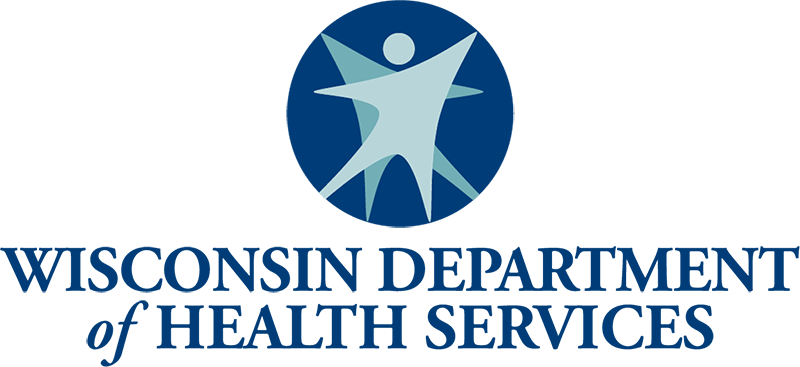
Licensed by Wisconsin
Recovery.com is an independent, third-party mental health resource. Verification does not imply endorsement and does not guarantee the quality of treatment services.
Meet Your Care Team

Dr. Chantelle Thomas
Executive Clinical Director
PhD
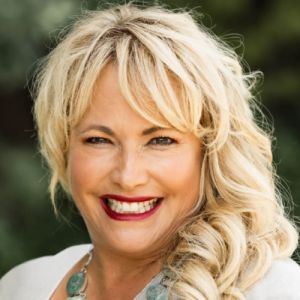
Pam Schmidt
Assistant Clinical Director
APSW CSAT SAC

Victoria Ariens
Primary Therapist
LPC, CSAC, ICS, NCC
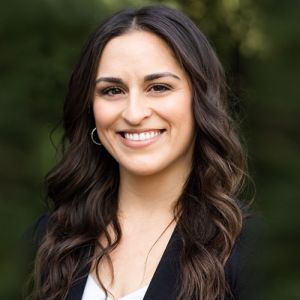
Andrea Himes
Therapist, Co-Program Director
LPC, CSAC

Samantha Schaefer
Associate Therapist
MSW, LCSW, CSAC

Tammy Limbach
Somatic Experiencing Clinician
SEP

Ruth Ann Hoenick
Spiritual Companion
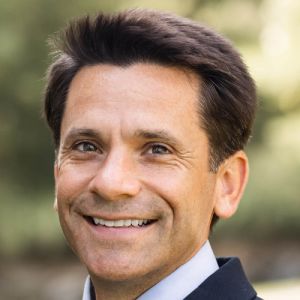
Dr. Todd Kammerzelt
Psychiatrist

Dr. Rebecca Gallagher
Medical Director

Dr. Erin Curtis
Psychiatrist

Samantha Stroeh
Nurse Practitioner
MSN, AGNP, PMHNP

Jay Zautner
Clinical Coach

Krista Dickinson
Clinical Coach
SAC-IT

Ryan Droese
Clinical Coach

Lateishah Schultz
Clinical Coach

Connor Lynch
Clinical Coach

Marnie Struve
Co-Program Director
SAC-IT

Samantha Martin
Clinical Coach
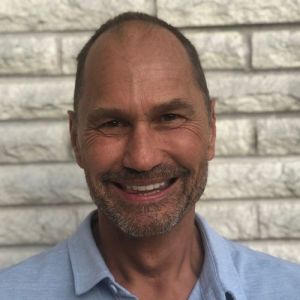
Todd Criter
Clinical Coach
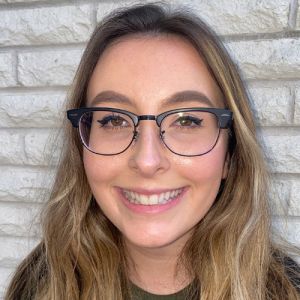
Katey Ryan
Clinical Coach
SAC-IT

Lis Owen
Clinical Coach
MS, CTRS, SAC-IT

Ann Sullivan
Clinical Coach

Leilani Colon
Clinical Coach

Arthur Presti
Executive Chef

Kady Gibowski
Executive Chef

Sara Beard
Massage Therapist

Lisa Mullaney
Massage Therapist

Anita Odekirk
Yoga Instructor

Nancy Koplow
VP of Clinical Outreach
LCSW

Stephanie Jarvis
Director of Business Development
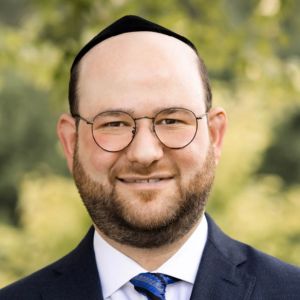
Aber Hollander
President & CEO
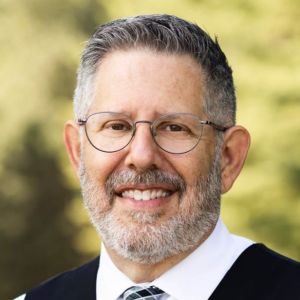
James Levine
Estate Manager

Mark Wendtlandt
Estate Maintenance
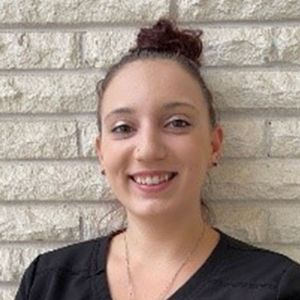
Catelynn Olen
Housekeeper
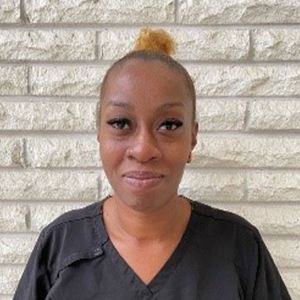
Que Rhodes
Housekeeper
Your Care Options
Specializations
Alcohol
Using alcohol as a coping mechanism, or drinking excessively throughout the week, signals an alcohol use disorder.
Co-Occurring Disorders
A person with multiple mental health diagnoses, such as addiction and depression, has co-occurring disorders also called dual diagnosis.
Drug Addiction
Drug addiction is the excessive and repetitive use of substances, despite harmful consequences to a person's life, health, and relationships.
Executives
Executive treatment programs typically directly support the needs of people who manage businesses and may provide flexible schedules and office space to allow work during treatment.
Holistic
A non-medicinal, wellness-focused approach that aims to align the mind, body, and spirit for deep and lasting healing.
Professionals
Busy, high-ranking professionals get the personalized treatment they need with greater accommodations for work, privacy, and outside communication.
Who We Treat
Executives
Executive treatment programs typically directly support the needs of people who manage businesses and may provide flexible schedules and office space to allow work during treatment.
LGBTQ+
Addiction and mental illnesses in the LGBTQ+ community must be treated with an affirming, safe, and relevant approach, which many centers provide.
Men and Women
Men and women attend treatment for addiction in a co-ed setting, going to therapy groups together to share experiences, struggles, and successes.
Professionals
Busy, high-ranking professionals get the personalized treatment they need with greater accommodations for work, privacy, and outside communication.
Treatment Services
Residential
In a residential rehab program, patients live onsite, with access to daily treatment and 24-hour care. An average stay is 30-90 days.
Approaches
Evidence-Based
A combination of scientifically rooted therapies and treatments make up evidence-based care, defined by their measured and proven results.
Holistic
A non-medicinal, wellness-focused approach that aims to align the mind, body, and spirit for deep and lasting healing.
Individual Treatment
Individual care meets the needs of each patient, using personalized treatment to provide them the most relevant care and greatest chance of success.
Therapies
1-on-1 Counseling
Patient and therapist meet 1-on-1 to work through difficult emotions and behavioral challenges in a personal, private setting.
Meditation & Mindfulness
A practiced state of mind that brings patients to the present. It allows them to become fully aware of themselves, their feelings, and the present moment.
Trauma-Specific Therapy
This form of talk therapy addresses any childhood trauma at the root of a patient's current diagnosis.
Attachment-Based Family Therapy
ABFT is a trauma-focused therapy that teaches you to form healthy relationships by rebuilding trust and healing attachment issues formed in childhood.
Art Therapy
Visual art invites patients to examine the emotions within their work, focusing on the process of creativity and its gentle therapeutic power.
Couples Counseling
Partners work to improve their communication patterns, using advice from their therapist to better their relationship and make healthy changes.
Conditions We Treat
Grief and Loss
Grief is a natural reaction to loss, but severe grief can interfere with your ability to function. You can get treatment for this condition.
Anxiety
Anxiety is a common mental health condition that can include excessive worry, panic attacks, physical tension, and increased blood pressure.
Burnout
Burnout entails mental and physical exhaustion, and leads to a severe lack of fulfillment. This condition is often caused by overwork.
Codependency
Codependency is a pattern of emotional dependence and controlling behavior. It's most common among people with addicted loved ones.
Depression
Symptoms of depression may include fatigue, a sense of numbness, and loss of interest in activities. This condition can range from mild to severe.
Post Traumatic Stress Disorder
PTSD is a long-term mental health issue caused by a disturbing event or events. Symptoms include anxiety, dissociation, flashbacks, and intrusive thoughts.
Stress
Stress is a natural reaction to challenges, and it can even help you adapt. However, chronic stress can cause physical and mental health issues.
Trauma
Some traumatic events are so disturbing that they cause long-term mental health problems. Those ongoing issues can also be referred to as "trauma."
Substances We Treat
Alcohol
Using alcohol as a coping mechanism, or drinking excessively throughout the week, signals an alcohol use disorder.
Benzodiazepines
Benzodiazepines are prescribed to treat anxiety and sleep issues. They are highly habit forming, and their abuse can cause mood changes and poor judgement.
Co-Occurring Disorders
A person with multiple mental health diagnoses, such as addiction and depression, has co-occurring disorders also called dual diagnosis.
Cocaine
Cocaine is a stimulant with euphoric effects. Agitation, muscle ticks, psychosis, and heart issues are common symptoms of cocaine abuse.
Drug Addiction
Drug addiction is the excessive and repetitive use of substances, despite harmful consequences to a person's life, health, and relationships.
Ecstasy
Ecstasy is a stimulant that causes intense euphoria and heightened awareness. Abuse of this drug can trigger depression, insomnia, and memory problems.
Heroin
Heroin is a highly addictive and illegal opioid. It can cause insomnia, collapsed veins, heart issues, and additional mental health issues.
Methamphetamine
Methamphetamine, or meth, increases energy, agitation, and paranoia. Long-term use can result in severe physical and mental health issues.
Languages
Aftercare
Care Designed for Your Needs
Personal Amenities
Amenities
Special Considerations
Executive Program
Addiction and mental health treatment for executives typically involves high discretion, greater technology access, and more private, 1-on-1 care.
Flexible technology policies
Centers with flexible technology policies allow professionals to stay in touch with work and give patients a greater sense of connection and normalcy.
Healthy Meals are provided
Great food meets great treatment, with providers serving healthy meals to restore nutrition, wellbeing, and health.
Activities
Yoga
Yoga is both a physical and spiritual practice. It includes a flow of movement, breathing techniques, and meditation.
Off-Site Amenities
Learn More About the Center
Their Story
Read about the residential program that The Manor offers.
A Day in Treatment
Discover what a typical day in treatment at The Manor looks like.
The Property
Explore the spacious 40-acre property.
Choosing the Right Residential Treatment Center
Learn the important aspects of searching for a treatment center and discover what makes The Manor different.





